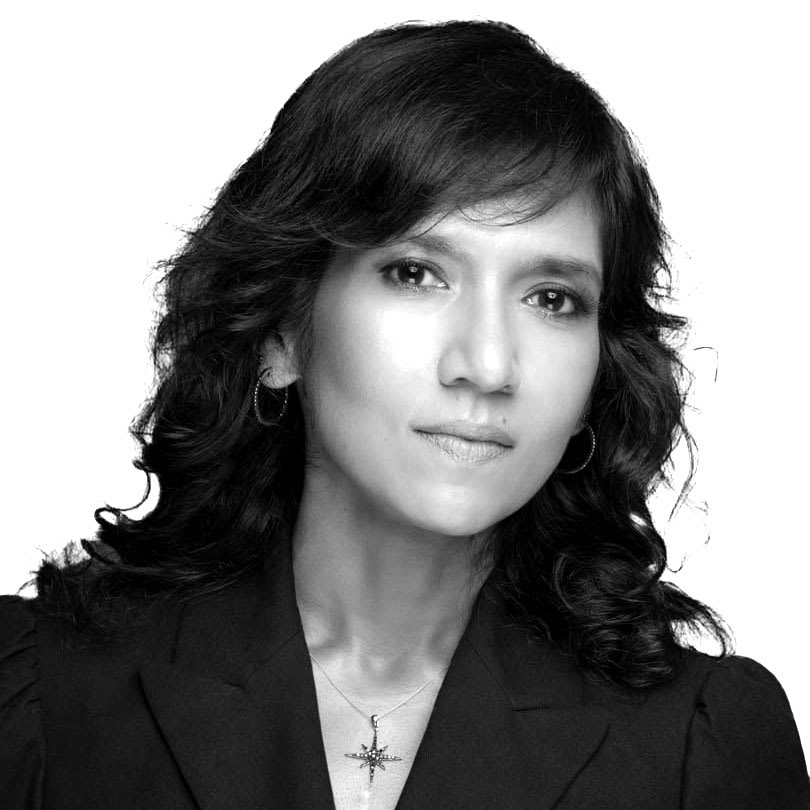Trumpland
Photo Illustration by Elizabeth Brockway/The Daily Beast/Getty/Reuters
Is Usha Vance Chugging MAGA Kool-Aid Like Her Husband J.D.?
SPOUSAL PRIVILEGE
It's easy to assume that J.D. Vance is so craven with ambition he has bent to Trump’s will. But what role, if any, will his wife Usha have played?
opinion

Trending Now





